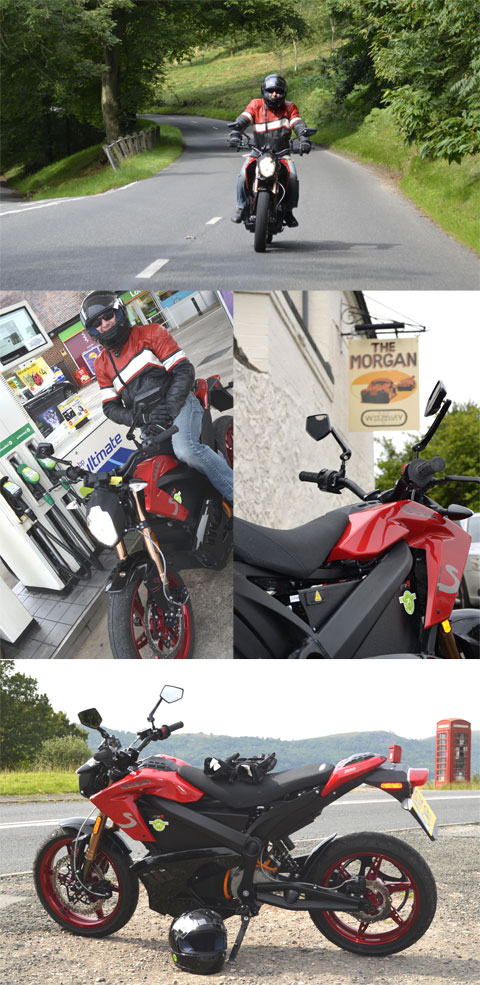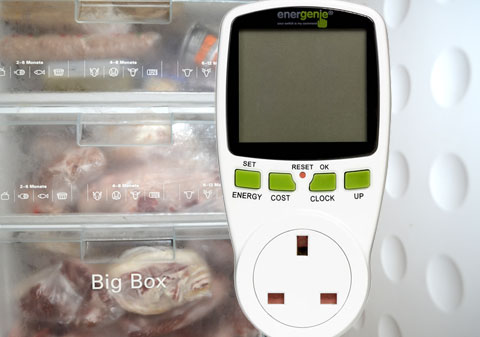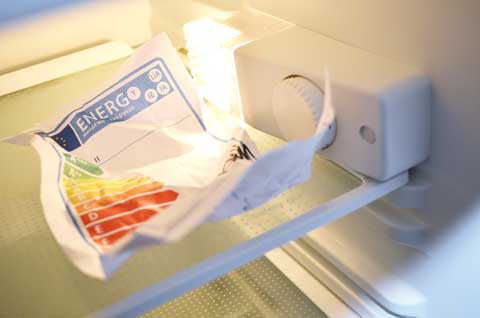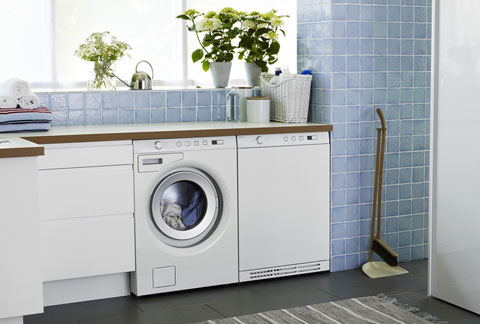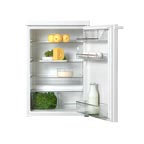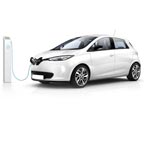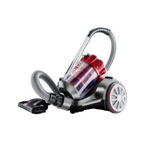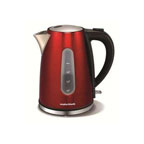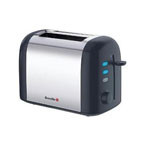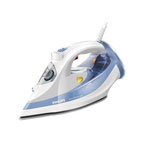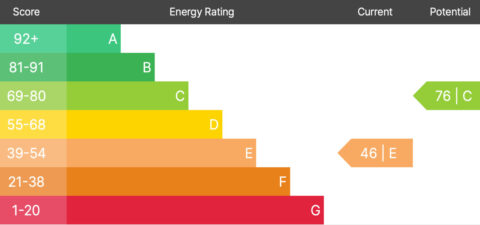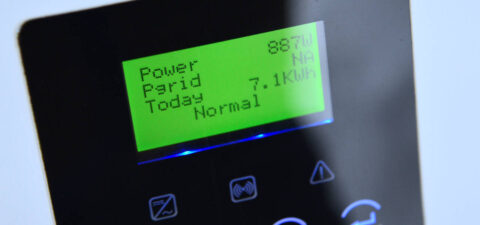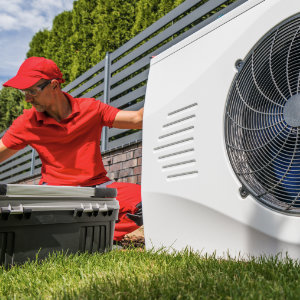Timing is everything! We road-tested the Zero DS electric motorbike during what seemed to be the only dry weekend this summer!

I must admit I didn’t know what to expect when I picked up the electric bike, especially when you collect it from a Land Rover dealership! No free road tax on their models, unlike the Zero! After speaking to the owner Steve Fews, it became clear that he’s a real motocross enthusiast, who knows a thing or two about motorbikes!
First impressions are that it’s a real practical alternative to petrol bikes, designed for everyday use, not some exotic prototype pipedream, all be it a little expensive!
The bikes are made in Santa Cruz, in the heart of Silicon Valley, California. Zero motorcycles claim a top speed of 80 mph and a range of over a hundred miles on a single charge. Our weekend road test of the Zero certainly can verify that these figures aren’t far off. The batteries have a claimed lifecycle of over 3,000 full charge-discharge cycles, giving you as much as 300,000 miles on the original power pack, sorry we can’t confirm this!
To do the bike justice we’ve made a video review / road test of the Zero DS electric bike. See what it’s like to ride and what it costs to run!
